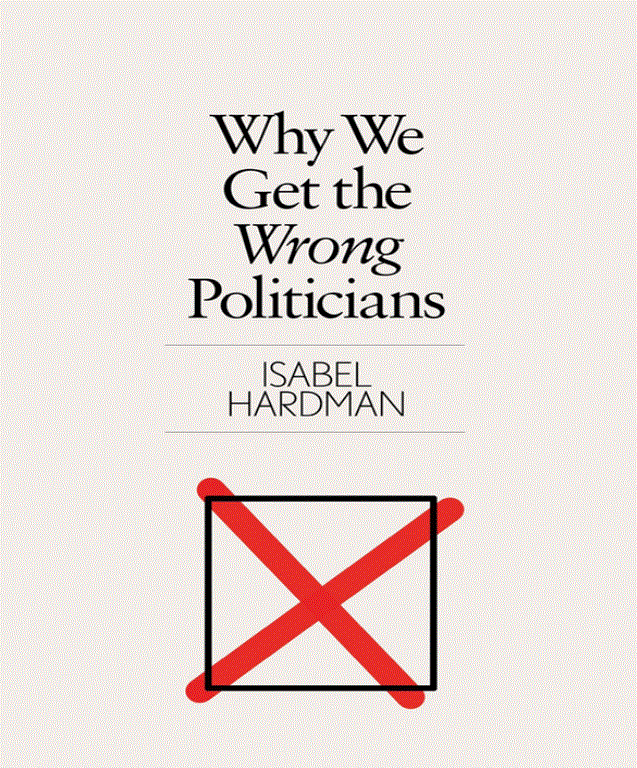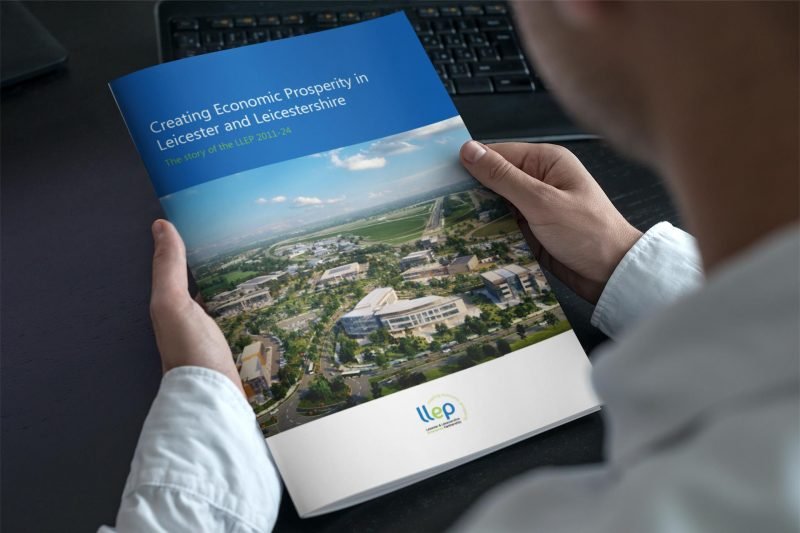One of the most common themes at Cranfield is the role of Spads. The relationship is too often not very good and sometimes toxic. On both sides.
I am often asked about them and what to do….. here are a few thoughts:-
It’s a familiar story, isn’t it? Whether you look back at Tony Blair complaining about the "scars on my back" from trying to reform the state, or the constant battles fought against the amorphous bureaucratic "Blob", it feels like every incoming government, regardless of stripe, finds itself frustrated by the same thing: the deep-seated culture of Westminster and Whitehall.
For decades, our approach to societal challenges, particularly in policymaking and delivery, has been rooted in a fundamental assumption: that outcomes can be conceived as fixed goal states. This "predicted good" paradigm, as it's often called, underpins linear program design, logic models, and command-and-control management structures, operating on a seemingly simple logic: define the desired end state, chart the pathway, and engineer the system to get there. It's a method that promises certainty and control, where success is measured by hitting pre-set targets.
In the complex machinery of government, the successful delivery of major projects—from national infrastructure to critical public services—hinges significantly on the involvement of ministers. While civil servants provide expertise and continuity, it is the ministers who bring the essential democratic legitimacy, political direction, and public accountability needed to drive initiatives forward. This introductory piece delves into the indispensable role ministers play, explaining why their active engagement is not merely a formality but the only path to real, sustainable impact.
The "Wise Owl, Clever Fox, Innocent Sheep, and Inept Donkey" model is a framework used to understand and analyse behaviour within organizational politics. It focuses on two key dimensions:
Even before the Covid-19 pandemic in 2020, capitalism was stuck. It had no answers to a host of problems, including disease, inequality, the digital divide and, perhaps most blatantly, the environmental crisis.
Taking her inspiration from the ‘moonshot’ programmes which successfully coordinated public and private sectors on a massive scale, Mariana Mazzucato calls for the same level of boldness and experimentation to be applied to the biggest problems of our time.
Mission Economy looks at the grand challenges facing us in a radically new way, arguing that we must rethink the capacities and role of government within the economy and society, and above all recover a sense of public purpose.
To solve the massive crises facing us, we must be innovative — we must use collaborative, mission-oriented thinking while also bringing a stakeholder view of public private partnerships which means not only taking risks together but also sharing the rewards. We need to think bigger and mobilize our resources in a way that is as bold as inspirational as the moon landing—this time to the most ‘wicked’ social problems of our time.
We can only begin to find answers if we fundamentally restructure capitalism to make it inclusive, sustainable, and driven by innovation that tackles concrete problems. That means changing government tools and culture, creating new markers of corporate governance, and ensuring that corporations, society, and the government coalesce to share a common goal.
We did it to go to the moon. We can do it again to fix our problems and improve the lives of every one of us. We simply can no longer afford not to.
There is a great resource that helps us understand what Mission Orientated Policy Hub.
A good starting point for this discussion is Isabel Hardman's book, **"Why We Get the Wrong Politicians,"**
It provides a detailed examination of the political landscape in the UK and the journey of becoming an MP. Here's an outline of the key points related to this topic:
### **1. Introduction**
- **Overview of the Political System**: Hardman introduces the UK political system, highlighting its structure and the role of Members of Parliament (MPs).
Partnerships for People and Place (PfPP) was a two-year programme of work funded by HM Treasury via the Shared Outcomes Fund. It ran from February 2021 to March 2023.
It aimed to test a new approach to how government departments undertake ‘place based’ policy design and delivery, by working in 13 places facing social policy challenges which they felt could be better tackled via closer working between central and local government.
When we talk about stakeholders the most important for many politicians will be the public. There are of course many filters like the media, social media, lobby groups etc that sift how the public will perceive a policy, but at the end of the day people’s lived experiences will determine support or otherwise!
Twenty-first century policymakers in the UK face a daunting array of challenges: an ageing society, the promises and threats for employment and wealth creation from artificial intelligence, obesity and public health, climate change and the need to sustain our natural environment, and many more. What these kinds of policy challenges have in common is complexity. Their implications spill over and transcend established boundaries between departments, policy domains, sectors and research disciplines.
The session I run at Cranfield is largely THIS book. What lies behind the formal models of policy making, delivery and evaluation is a political system that doesn’t quite work. This book and many of my blogs and teaching try to bring the soft power questions to life. These are situations that defy the formal models loved by academics.
This is not quite a full Book Review but a recommendation to read the frustrations Rory Stewart outlines about the way politics works (Or doesn’t work) in the UK.
As I read the book I found myself nodding in agreement at the same observations.
Over £100 billion is passed on in inheritances and gifts in the UK each year, and the value passed on in inheritance in England is set to double by 2040. Despite this, it is not widely discussed in policy conversations, unless the policy is to abolish inheritance tax.
Often the things I am traying to say have already been written about and far better than I could manage.
Here are some of my recommendations!
How do we avoid our programme and project being a political football during the build up to an election?
Why do we have a culture of blame that pervades our politics and the management of the civil service?
Ironically there is little academic literature on policy success!
It is easier for everyone to focus on the failures.
A policy is successful insofar as it achieves the goals that the proponents set out to achieve.
However, only those supportive of the original goals are liable to perceive, with satisfaction, an outcome of a policy success. Opponents are likely to perceive failure, regardless of outcomes because they did not support the original goals.

















